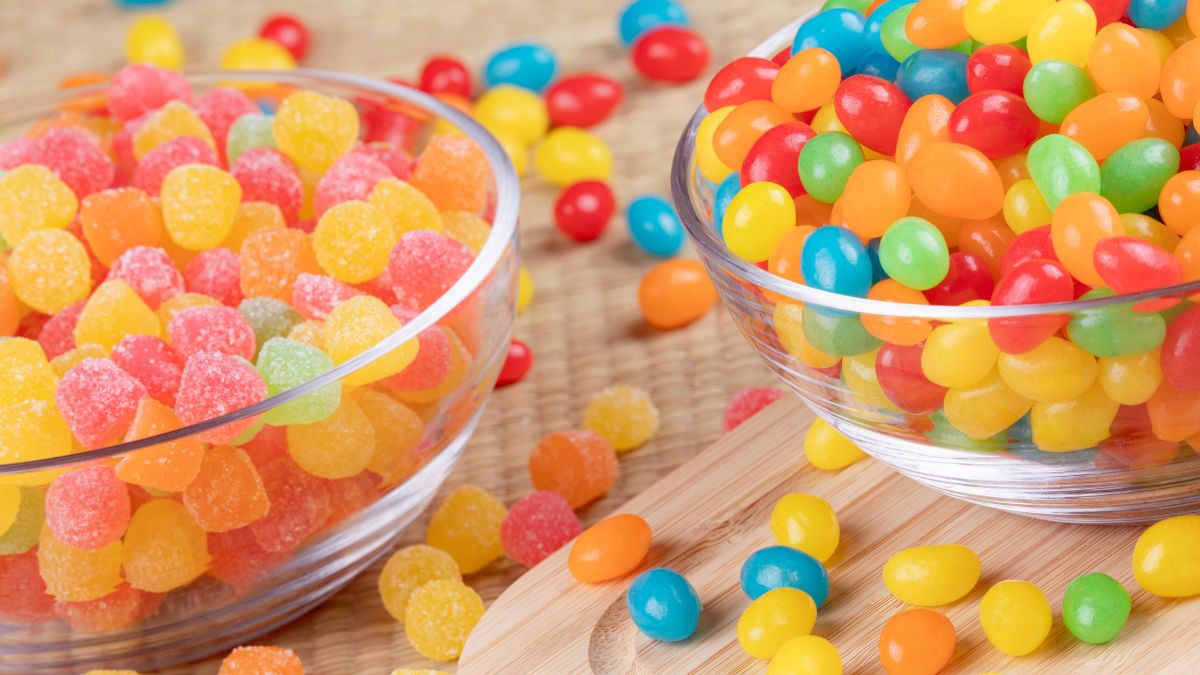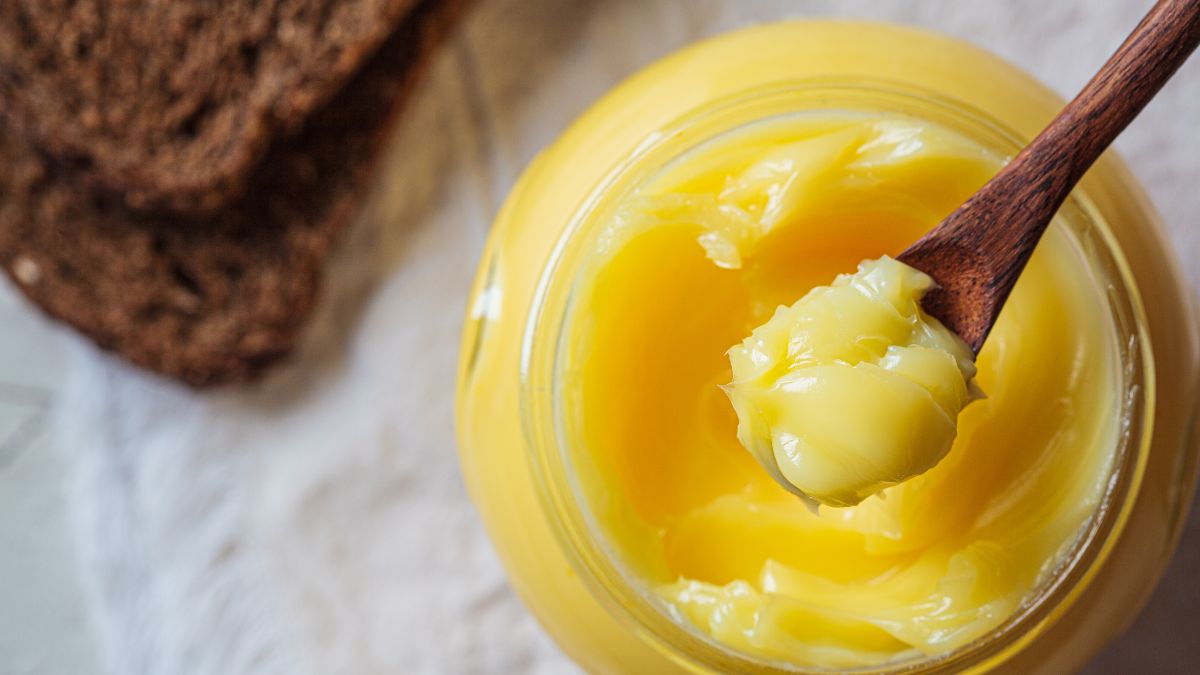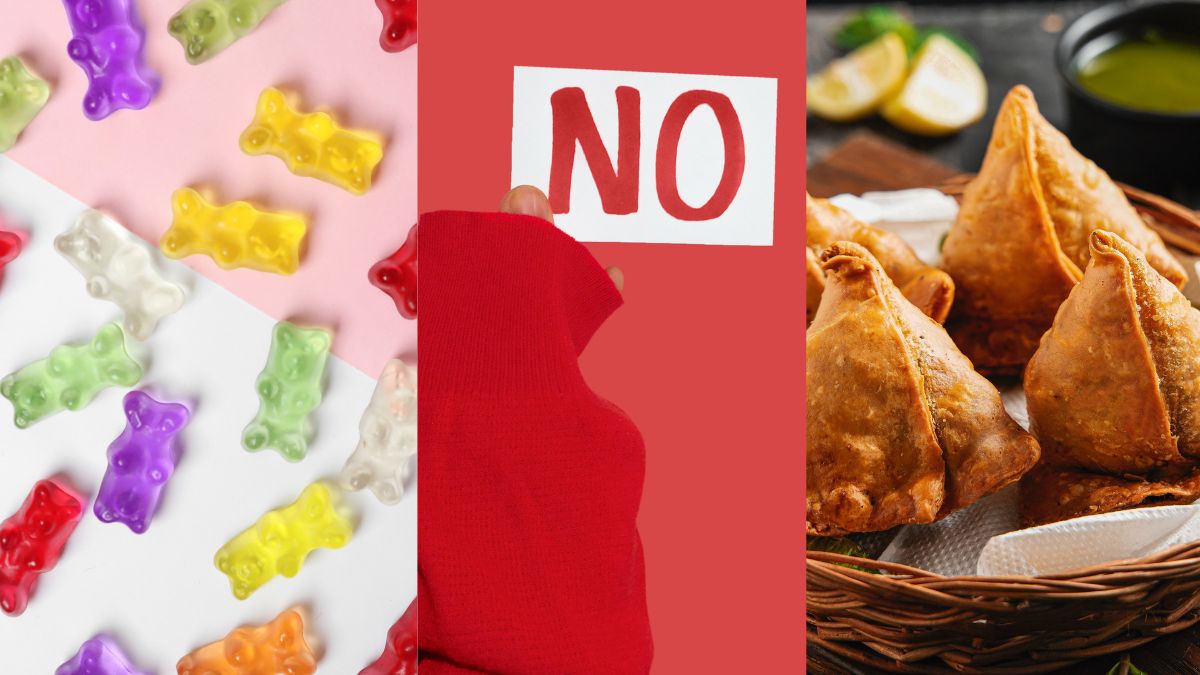- By Priyanka Munshi
- Fri, 08 Dec 2023 02:24 PM (IST)
- Source:JND
Even though Indian cuisine has become more and more famous around the world, some regional specialties may still be difficult to find elsewhere. Certain regional street foods, such as pickles, samosas, kebabs, ghee, and sweets, are examples of local and specialty meals that are not commonly found outside of India and are typically associated with certain Indian regions or populations. These foods are also less frequent in international markets.
However, due to the growing popularity of Indian food around the world, famous dishes like biryani, several types of curry, and snacks are now more widely available in many nations.

Certain regional street foods, such as pickles, samosas, jelly, kebabs, ghee, and sweets, are not commonly found outside of India. (Image Credit: Canva)
The eight ten foods that are unavailable abroad are mentioned here.
Ghee
One of the most widely used clarified butters, ghee is utilised in all Indian dishes; however, due to concerns over its high saturated fat level, it is currently prohibited in the United States.
Chyawanprash
Although chyawanprash is widely renowned for enhancing immunity when added to ayurvedic herbal formulations, it is prohibited in the US, Canada, and Australia.
Kababs
Any form of kebab, such as grilled meat skewers, is prohibited in Italy and Venice in order to preserve the city's historic atmosphere and cultural legacy.
Samosa
Because of its triangular shape—a symbol of Christianity to the AI-Shabaab group—Samalia in South Africa outlawed samosas.
Chewing Gum
Chewing gum is banned in Singapore because it makes it impossible for individuals to throw or stick it anywhere.

Even though Indian cuisine has become more and more famous around the world, some regional specialties may still be difficult to find elsewhere. (Image Credit: Canva)
Poppy Seeds
Only because poppy seeds contain morphine, a narcotic chemical that is prohibited in Saudi Arabia, Taiwan, and Singapore in trace amounts.
Jelly Cups
Due to the high concentration of E425 in jelly cups—a thickening agent that can choke people, especially young ones—the European Union has outlawed these.
Ketcheup
Especially in France, ketchup is prohibited for a variety of health-related reasons, including excessive consumption by youths and in schools.

